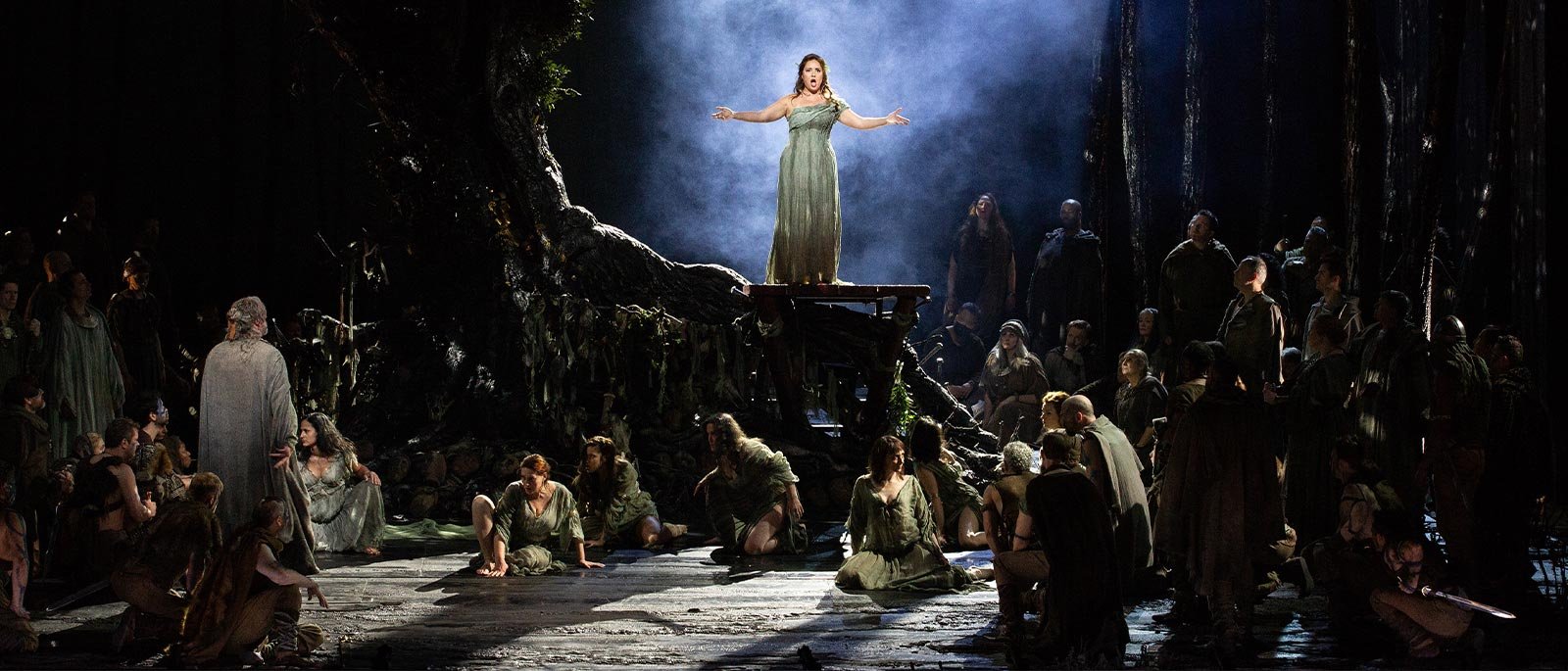Listening to an interview with the Italian Conductor Daniel Gatti. Verdi composed three Operas based on Shakespeare: Macbeth, Othello, and Falstaff. He considers Falstaff to be “a great Italian Opera masterpiece, written for musicians, not for the audience in a way… a very sophisticated opera.”
Story of a man at the sunset of his life. No friend, completely alone. “I’m very fond of the first scene, the monologue…so sad, so dark, so pessimistic in a way…but it is not a monologue of a man at his end of life, but a monologue of a man that has to start his last part of his life….maybe because I am not so far from this age….it’s an opera that is growing every time, because I think I am growing as a human being.”
“...after [writing] the three or four operas, he began the study of human being. And this is the greatness of the theatre of Verdi, it is not the melodies, not the arias, no, it is how he developed the character. And sometimes it is very uncomfortable to listen to Verdi opera, because he shows the human being misery…Verdi is all the time, very modern, because he talks about all the problem that we have nowadays… and by going there you may see yourself, in Falsestaff, in Othello, Trovatore, and Rigoletto.”


